Neuroscience
-
 Neuroscience
NeuroscienceReaders respond to stress, tattoos, and the universe
Stress, tattoos, cosmic origins and more reader feedback.
-
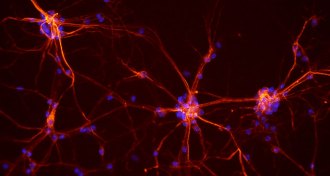 Neuroscience
NeuroscienceScientists still haven’t solved mystery of memory
50 years have refined a basic understanding of the brain, but scientists are still exploring how memories form, change and persist.
-
 Health & Medicine
Health & MedicineMind’s healing powers put to the test in new book
Cure: A Journey Into the Science of Mind Over Body investigates the brain’s role in keeping people healthy.
-
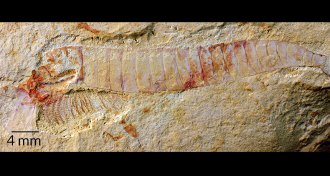 Paleontology
PaleontologyFossil reveals an ancient arthropod’s nervous system
A roughly 520-million-year-old fossil preserved an ancient arthropod’s ventral nerve cord and peripheral nerves.
-
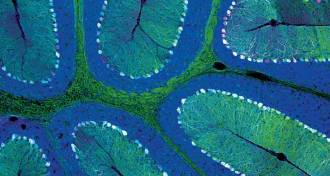 Neuroscience
NeuroscienceBrain cells aglow after viral delivery
The virus AAV-PHP.B proves best at delivering genes to brain cells in mice. Similar viruses may eventually be used for gene therapy in humans.
-
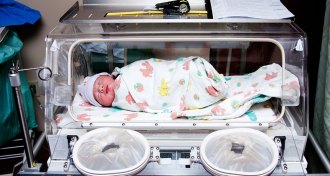 Neuroscience
NeuroscienceRe-creating womb sounds perks preemies’ attention
Babies born prematurely may benefit from hearing a recording of their mothers’ voices and heartbeats.
-
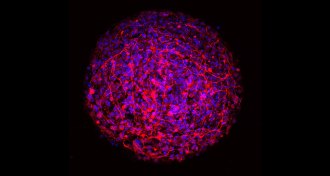 Neuroscience
NeuroscienceTiny bare-bones brains made in lab dishes
A reliable way to make standard-issue minibrains could help scientists study the human brain.
-
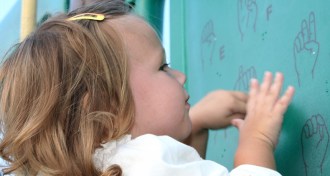 Neuroscience
NeuroscienceEarly exposure to signing helps deaf kids on mental task
Deaf kids exposed to sign language from birth performed better on a task that required attention and impulse control.
-
 Neuroscience
NeuroscienceCancer drug’s usefulness against Alzheimer’s disputed
A preliminary report questions the anti-Alzheimer’s activity of a cancer-fighting drug.
-
 Neuroscience
NeuroscienceMouse study offers clues to brain’s response to concussions
The brain needs time to recover between head hits, a study in mice suggests.
-
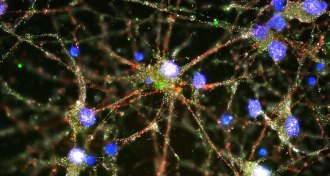 Neuroscience
NeuroscienceImmune system gene leads to schizophrenia clue
Excessive snipping of nerve cell connections may contribute to schizophrenia.
-
 Health & Medicine
Health & MedicineMonkeys with human gene show signs of autism
Genetically altered monkeys may help scientists understand autism.